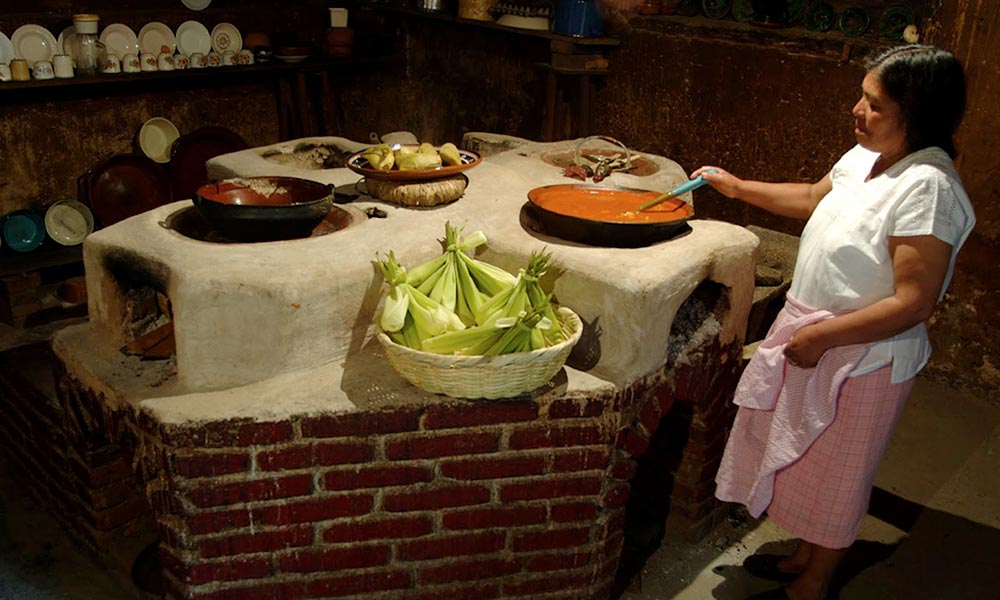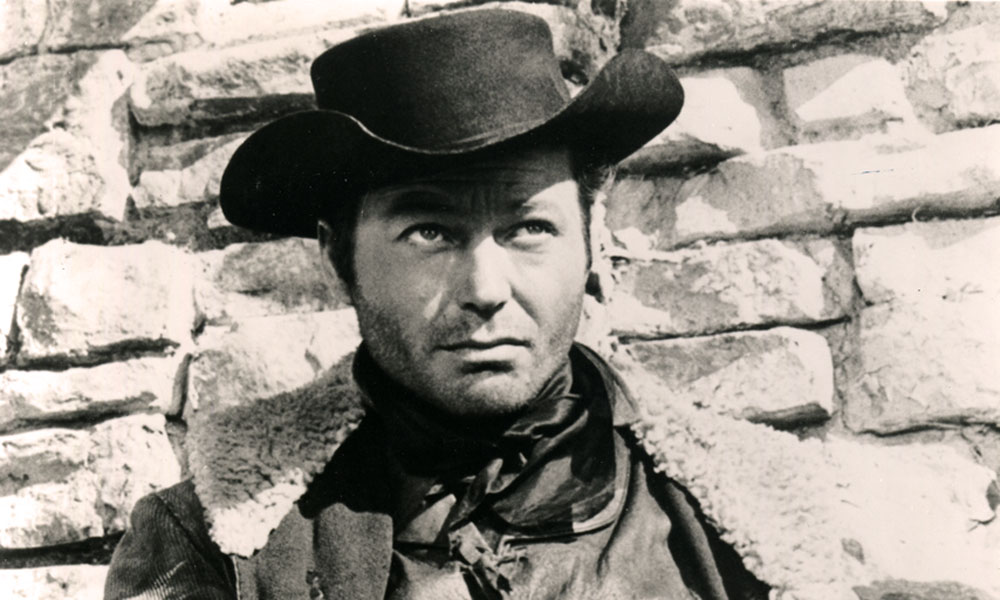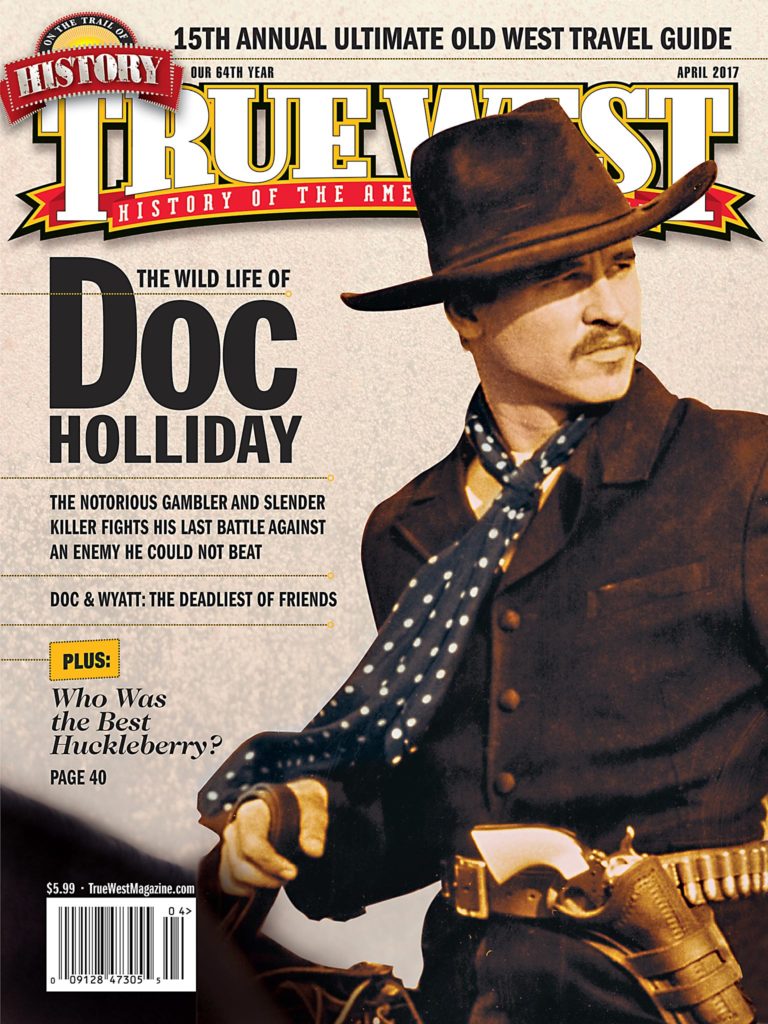
An Exercise in Monotony. That’s how food in Arizona Territory military camps is described in the “Arizona Territorial Cookbook, 1864-1912” by Daphne Overstreet. This gem gives great insight into life in those rough, unsettled days.
She notes that diaries of the time seldom mention food, since it was so bad and so repetitive that everyone would rather forget. “The official ration during territorial days consisted of pork or bacon, soft or hard bread, beans, coffee, tea, sugar, vinegar, salt, pepper, potatoes, molasses and soap. Fresh vegetables, eggs and dairy products were simply not included in the soldier’s regimen.”
Look at the list and think of ten ways to vary meals. OK, try five ways. It’s obvious that those men, and their wives, ate the same thing again and again. But that’s not the end of the story: “What little good food may have been available was often spoiled by the cooks. For the most part, they were untrained novices unblessed with culinary skills and imagination. Enormous quantities of food were wasted owing to their blunders.”
But if mealtime in the forts was bad, it was even worse if you were in a scouting party. Overstreet quotes an anonymous account of military life in 1869 that reported, “The ration usually carried on the mountain scouts consists of pork, flour, coffee and sugar. The flour is eaten as flapjacks fried in pork fat. Very seldom are the men able to improve their diet by killing deer, antelope or turkey on account the scarcity of time for hunting while engaged on these expeditions.”
And when scouts didn’t dare light a fire to signal their whereabouts to the Apaches they were seeking—or evading—the guys ate jerky and something they called “pinole,” a mixture of corneal and water.
As it turned out, food became the “equalizer” in military forts, as bemoaned by this 1866 message from Captain Camillus Carr of Camp McDowell: “Although the officers of the command did not work with the axe and shovel, as did the men, yet they had no advantage in the quality of the food on which they subsisted. They were allowed to purchase enough of it, such as it was. It was black coffee, dry hard bread, poor beef or poorer pork, with rice or beans, month after month, for a year and a half. Vegetables were never to be had at any place within two hundred miles. Potatoes and onions would have brought fabulous prices could they have been obtained there. The Subsistence Department kept no stores for sale to officers except crushed sugar and, occasionally, poor hams and dried apples. For the first half bushel of potatoes I was able to buy in Arizona, I first paid sixteen dollars and would have given sixty had it been demanded.
“For once, money seemed to have lost nearly all its power. It could neither be eaten or exchanged for that which the human system craved. When at last scurvy attacked the garrison, and the post surgeon demanded the purchase of anti-scorbutics, wagons were sent two hundred and fifty miles and loaded with onions at forty-five dollars per bushel and potatoes and cucumber pickles at corresponding prices.”
All was not dismal however, for whenever there was a “special occasion” or holiday to celebrate, somehow they found not only linens and fine china (supplied by the officer’s wives) but a better fare for the day. A favorite was pit barbecued pig, with the pig imported for the occasion.






